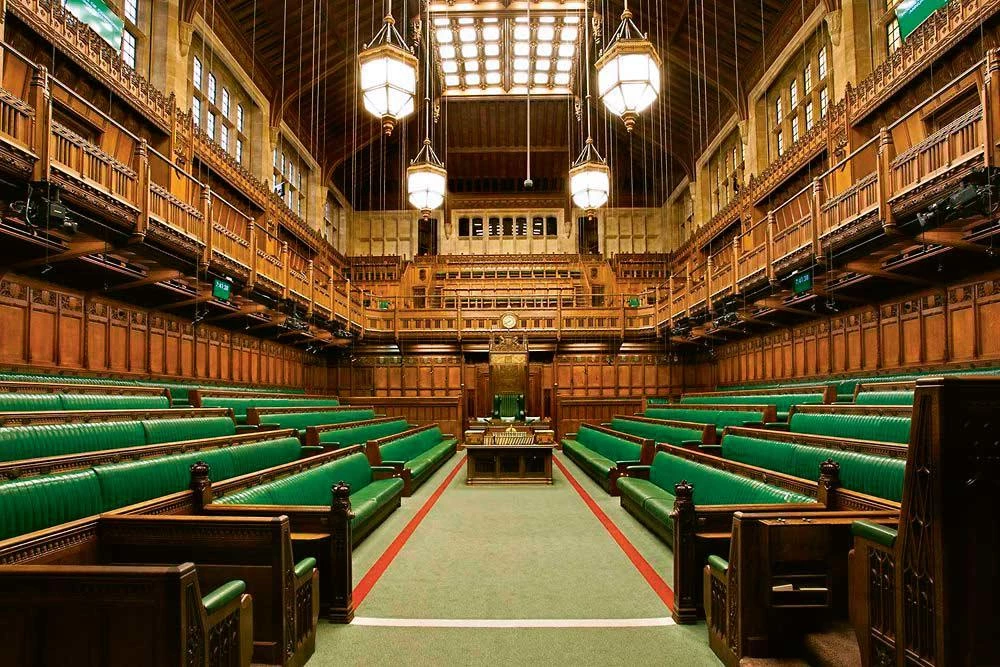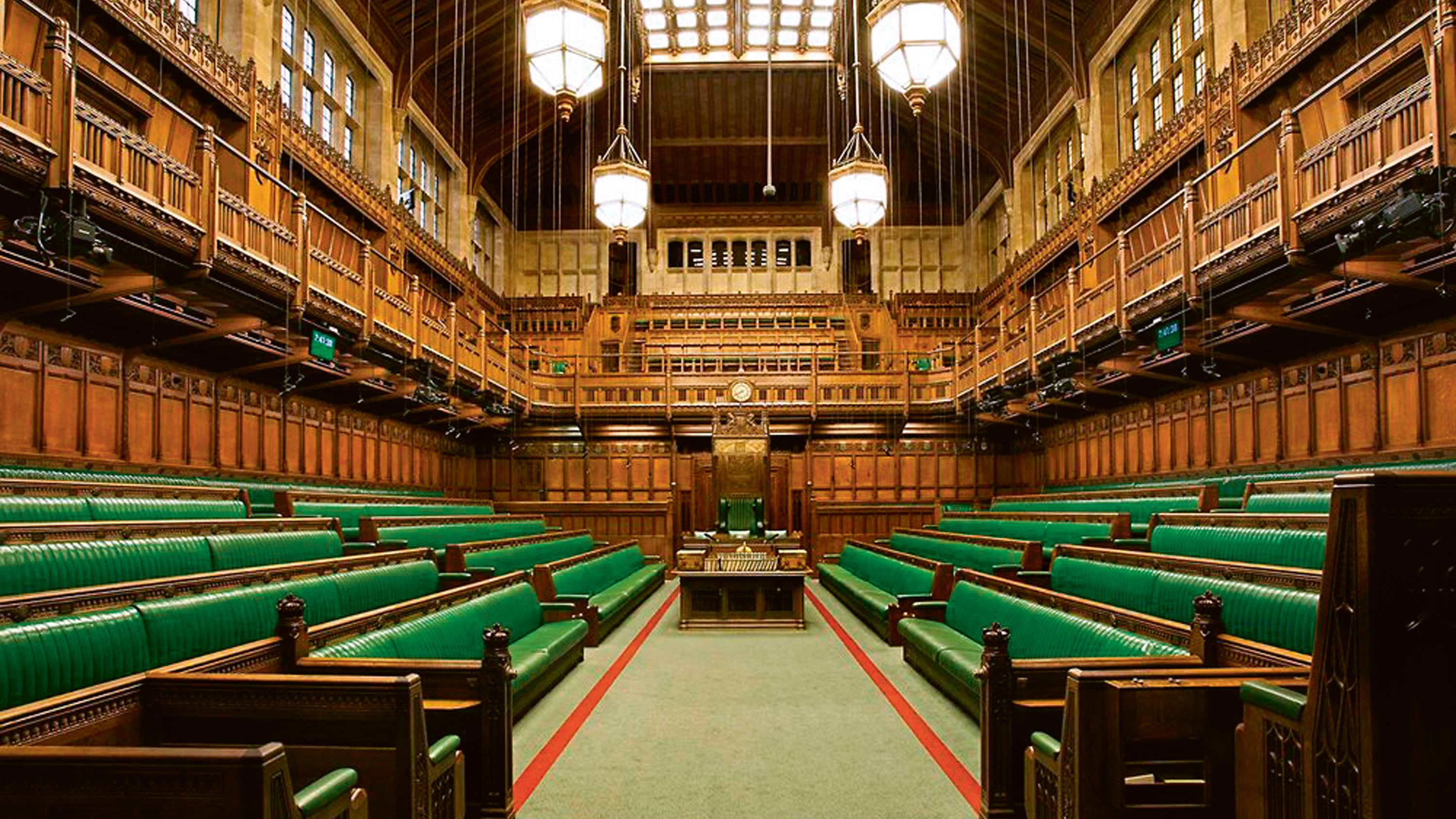
© UK Parliament
The renewal of capitalism and democracy must be animated by a simple, but powerful, idea: that of citizenship. We cannot just think as consumers, workers, business owners, savers, or investors. We must think as citizens.
Citizenship must have three aspects: concern for the ability of fellow citizens to have a fulfilled life; the desire to create an economy that allows citizens to flourish in this way; and, above all, loyalty to democratic political and legal institutions and the values of open debate and mutual tolerance that underpin them.
So, what might such a revival of the idea of citizenship mean in today’s challenging global environment?
Here are things this does not mean. It does not mean that democratic States should have no concern for the welfare of non-citizens. It does not mean that States should cut themselves off from free and fruitful exchange with outsiders. It does not mean that States should avoid cooperating closely with one another to achieve shared goals.
Yet there are things it clearly does mean. It means that the first concern of democratic States is the welfare of their citizens. If this is to be real, certain things must follow.
Every Citizen should have the reasonable possibility of acquiring an education that would allow them to participate as fully as possible in the life of a high-skilled modern economy.
Every Citizen should also have the security needed to thrive, even if burdened by illness and other misfortunes.
Every Citizen should have the protections needed to be free from abuse.
Every Citizen should be able to cooperate with other workers in order to protect their collective rights.
Every Citizen, and especially successful ones, should expect to pay taxes sufficient to sustain such a society.
Citizens are entitled to decide who is allowed to come and work in their countries and who is entitled to share the duties and rights of citizenship.
Policy should seek to create and sustain a vigorous middle class, while ensuring a safety net for everybody.
All citizens, whatever their race, ethnicity, religion, or gender, are entitled to equality of treatment by the law.
The West cannot go back to the 1960s. It cannot go back to a world of mass industrialization, where most educated women did not work, where there were clear ethnic and racial hierarchies, and where the Western countries still dominated the globe.
Moreover, we face today – with climate change, the rise of China, and the transformation of work by information technology – very different challenges. The world has changed too profoundly for nostalgia to be a sane response.
Yet some things remain the same. Human beings must act collectively as well as individually. Acting together, within a democracy, means acting and thinking as citizens.
If we do not do so, democracy will fail, and our freedoms will evaporate.
It is our generation’s duty to ensure it does not. It took too long to see the danger. Now it is right in front of us.
This is a moment of great fear and faint hope. We must recognize the danger and fight now if we are to turn hope into reality. If we fail, the light of political and personal freedom might once again disappear from the world.
Martin Wolf is chief economics commentator at the Financial Times. Reproduced by permission of The Random House Group/Penguin Books.






